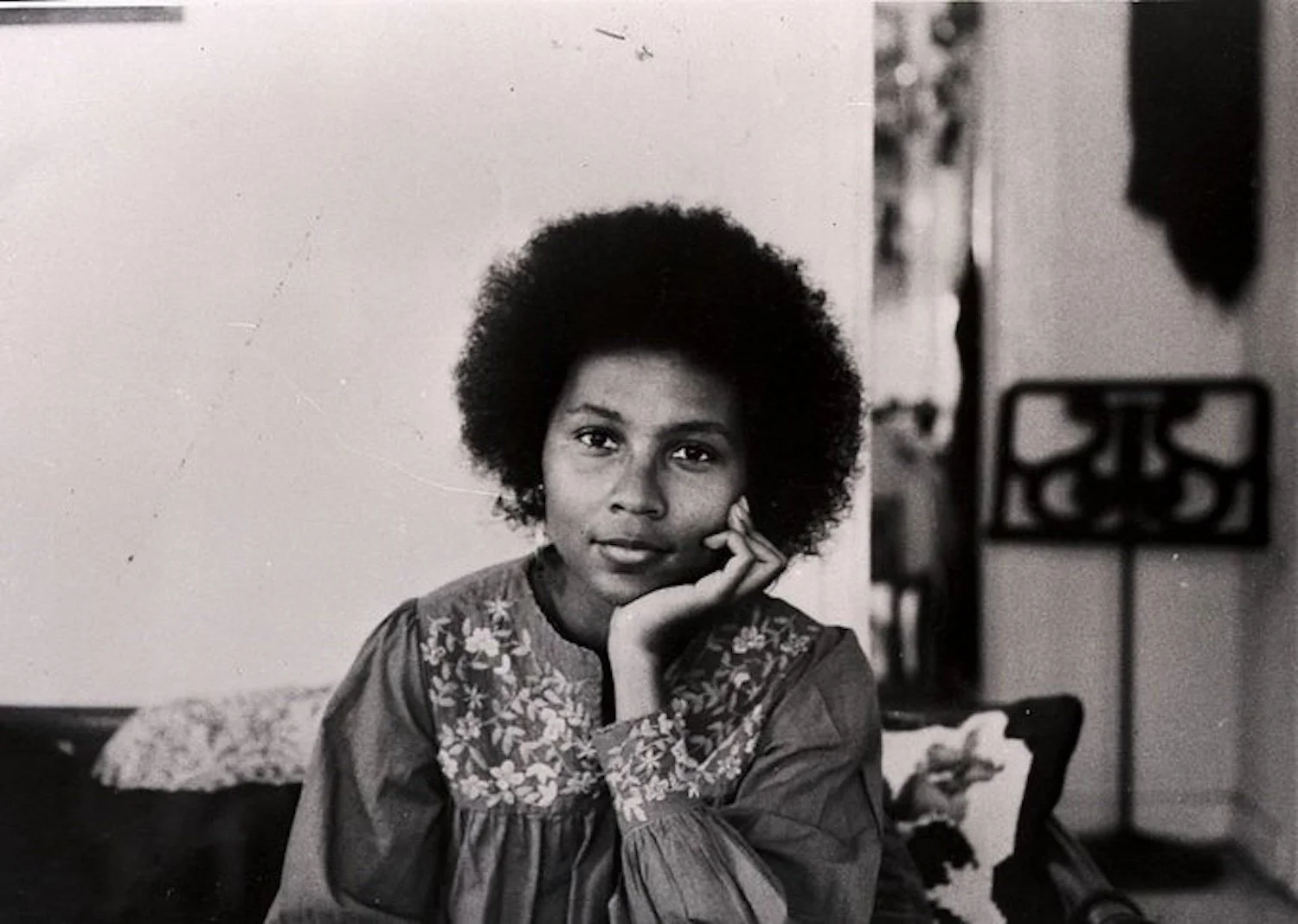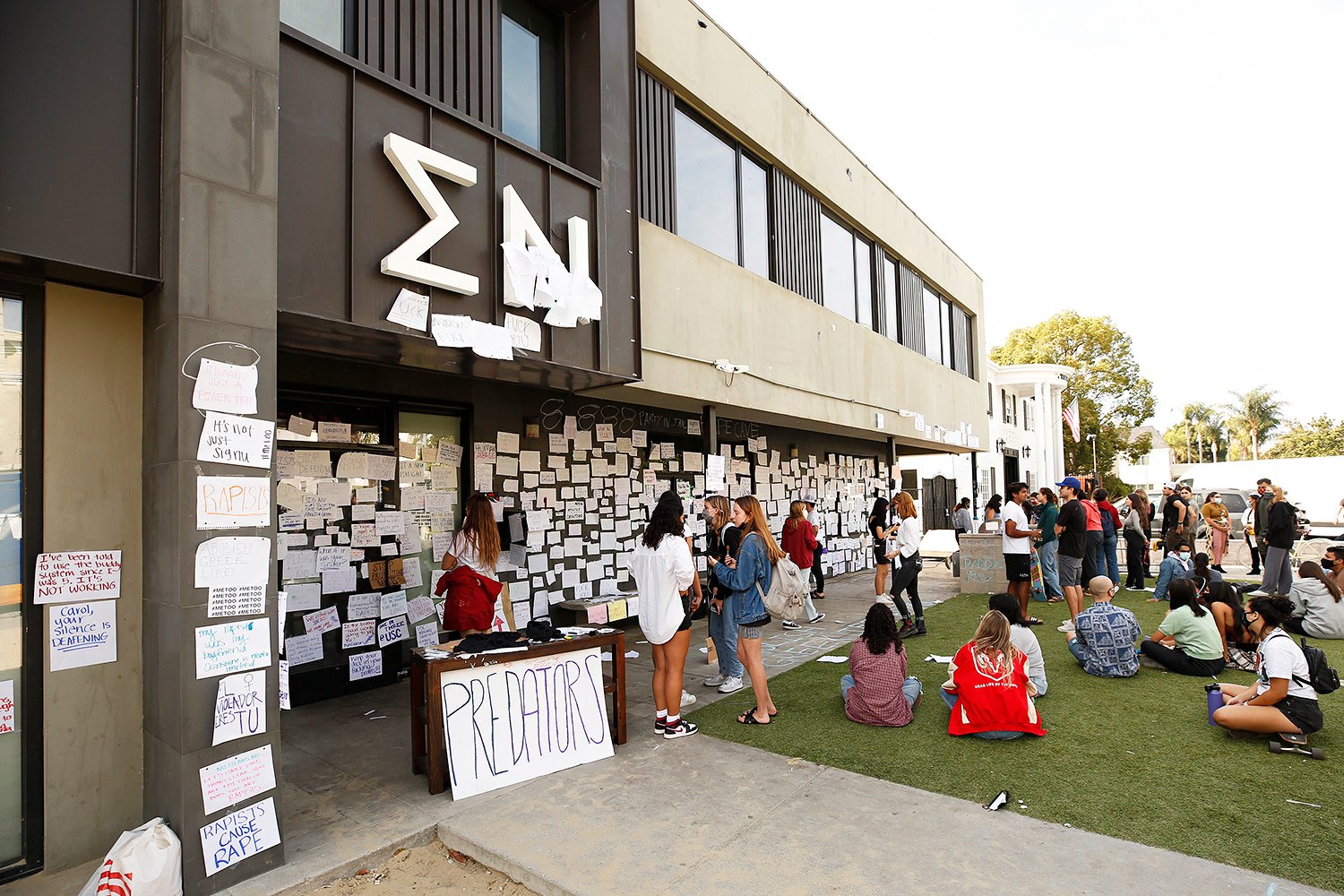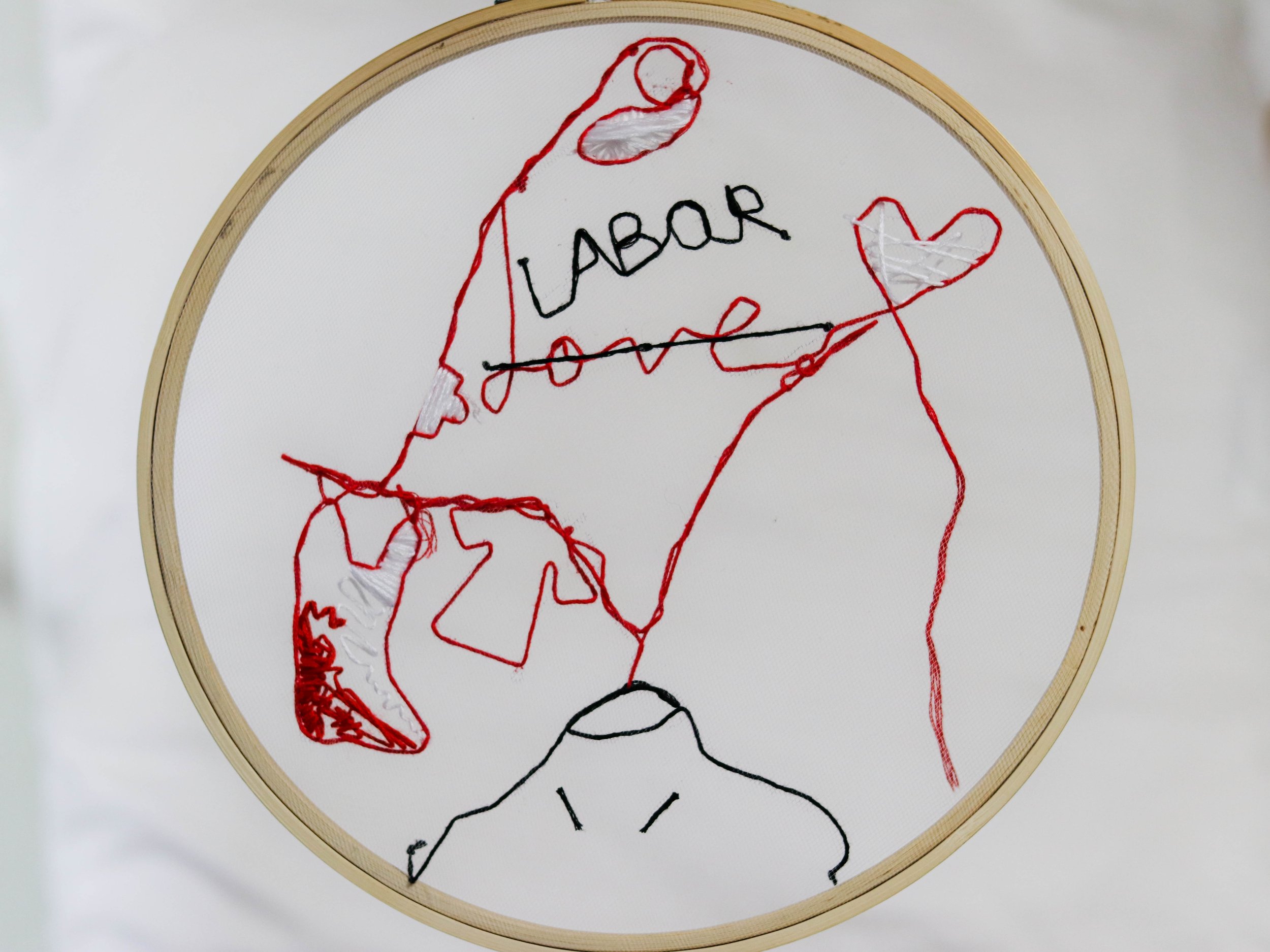Why You Should Take a Gender Studies Class: My Experience in SWMS 210: Social Analysis of Gender
By: Kelsey Cheng ‘25
Interested in social justice issues? Need a GE-C class? Try taking a gender and sexuality studies class next semester!
What is it?
According to Web Reg, SWMS 210 is about “gender assumptions in relation to sexuality, mental health, social and political relations, and artistic expression”. Okay…well what does that mean? To put it in simpler terms, SWMS explores how sex and gender influence our lives. The class is broken down into modules like Intersectionality, Gender Construct, and Sex (Work) in the City.
What was class like?
Going into my first gender studies class, I didn’t know what to expect. Sure, I’m interested in social justice issues, but to learn it in an academic setting? On the first day of class, we jumped headfirst into our first module, Intersectionality. We watched a Ted Talk and responded to class questions, reflecting on our own intersecting identities. Professor Christina Belcher was captivating and hilarious, and truly valued the class’s opinion on the topics at hand. This class is an introductory class, but it was definitely not as basic as “What is Sexism 101.” Learning big words like “misogyny paradox” and “enfreak” were initially intimidating, but Professor Belcher did a great job of explaining them. Whether you’re new to feminist studies or you’re a pro, SWMS 210 is a great class to dip your feet in different topics and explore new avenues of social justice issues.
bell hooks, a Black feminist writer and activist.
With every lecture, the class explored different ways gender impact our lives. My favorite module was Heterosexuality. One reading was titled The Tragedy of Heterosexuality (okay, a little jarring but hear me out!), which opened my eyes to how sexism infiltrates our love lives. As a straight person, it was disheartening at first to learn how damaging “straight culture” can be, but it made me re-evaluate my own preconceptions about love for the better.
In my discussion section, we got to talk about the material in a more intimate space. The class, along with my wonderful TA Melissa (who performed a one-woman play for us on the first day of class), shared personal experiences about our relationships with gender, sexuality, race, etc. My classmates were a mix of different genders, majors, and backgrounds, and I learned a lot by listening to their views. We talked about machismo, #girlboss feminism, the orgasm gap, and more. One conversation that especially resonated was about our module, Rape Culture, which coincidently coincided with the Sigma Nu scandal. Although our discussion was emotional, it felt necessary to talk through our frustrations and fears together.
Grading (spoiler: no tests!)
One awesome perk of SWMS 210 is the grading system. Instead of traditional classes, I wrote 500-750 word essay responses every 1-2 weeks, analyzing and applying the module readings. For our final project, I was assigned to create an art project that contributes to the theories we covered in class, followed by a 750-word artist’s statement. I created a three-part embroidery piece centered around the definition of “women’s work”, its scope, impact, and implications. My project depicted different aspects of women’s work in the job market, household, and intimate relationships. As someone who gets test anxiety, I loved this system. I could be creative and explore feminist ideas, rather than memorizing a single, “correct” answer.
One part of my embroidery project, titled “Invisible Labor.”
“Okay, but I’m a biology/Spanish/[insert major here], why should I care about gender studies?”
I’m not gonna lie, I’ve heard people joke about genders studies, deeming it an easy or useless major. Though I’m not an SWMS major myself (cog sci, if anyone’s asking), I think this kind of thinking is disrespectful and simply not true. Now more than ever, learning about social justice is important for all fields. Going into medicine? You better be aware of implicit bias and racial disparities in health care. Going into tech? Did you know that tech, like facial recognition, can be biased? Or how about the gender and racial discrimination in tech companies? Having social awareness is critical, no matter what field you are going into.
Looking past career matters, learning about gender, sexuality, and race is important for yourself! As kids and teenagers, we often grow up learning harmful beliefs about sexuality, virginity, beauty, and gender roles. Taking SWMS 210 was the first step in unlearning these beliefs. Looking more broader, gender studies develops empathy. Having empathy for those in marginalized communities requires an education on their hardships and experiences. We can understand the impact society has made on us growing up, understand the behavior of others in our life, and fight against oppressive systems in our world.
Takeaways
The best courses teach you outside of the physical classroom. SWMS 210 made me uncomfortable at times…but that’s what good classes are supposed to do. I learned that gender is a social construct and interacts with larger power dynamics in our world. While this may sound like theoretical mumbo jumbo, I find myself referring back to SWMS 210 when I talk about frat culture, OnlyFans, and other current issues. If you take this course, I hope you’ll feel empowered to reflect upon your place in the world and form educated takes on social justice issues.
More class Recs
SWMS 105: Identity Development of the Contemporary Female
SWMS 219: Intro to Feminist Theory
ANTH-250g: Race and Sexual Politics in Southeast Asia
ENGL-344mg: Sexual/Textual Diversity
Want more from Trojans 360?
Visit Trojans 360 on Facebook & Twitter to stay up to date with more student content! You can also Ask A Trojan an anonymous question, and we’ll try to answer it in a future post. And don’t forget to follow us on Instagram!
Trojans 360 is USC’s official student-run blog. Content created by students, for students.





